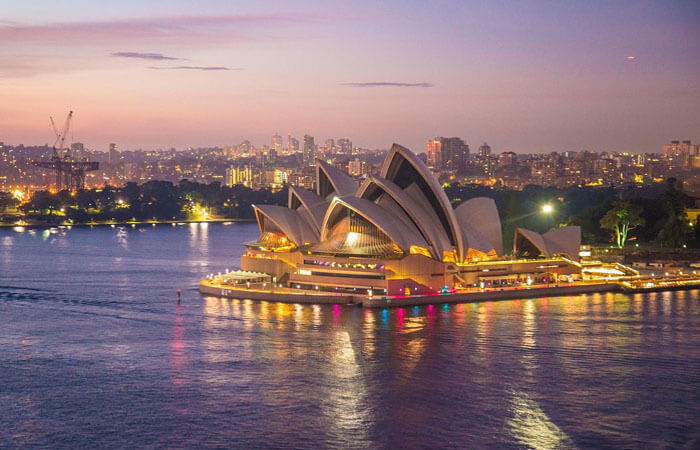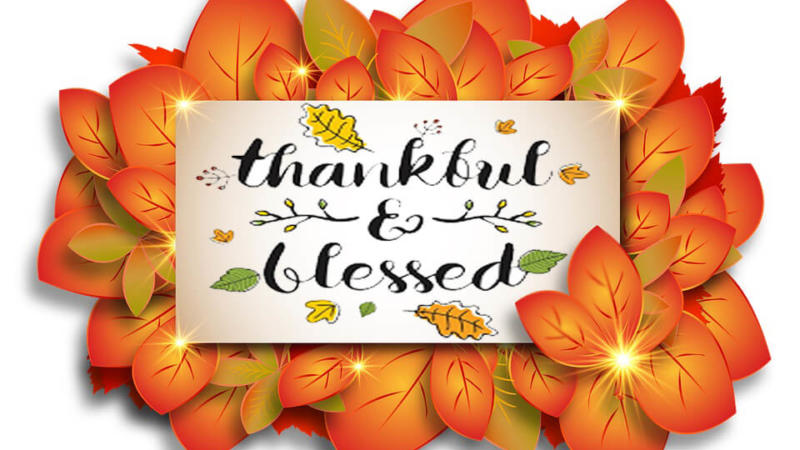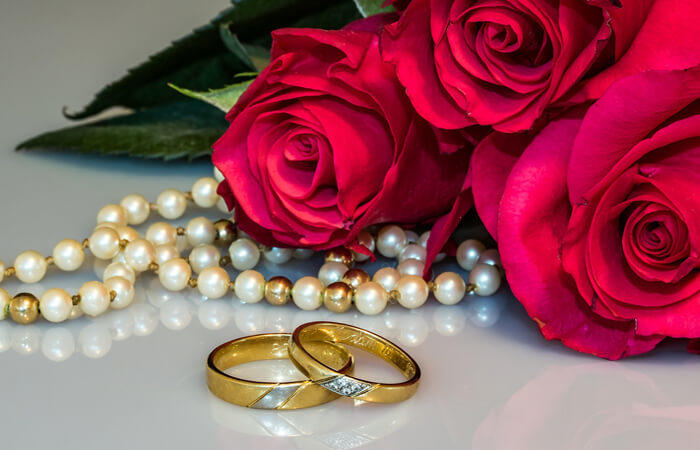Countries that do not celebrate New Year on 1st January
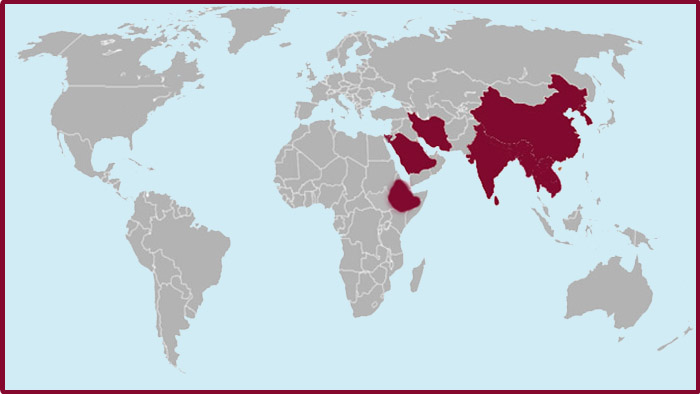
When we talk about New Year the first thing that comes in our mind is 1st January, but do you know not all countries celebrate New Year on 1st January. Different countries have different cultures and they follow solar, lunar, or hybrid calendars, and accordingly there New Year doesn’t fall on 1st January, the first day of the Gregorian calendar year.
As per the Gregorian calendar, there are 365 days or 12 months in a year and 1st January is the first day of the year, but celebrating New Year depends on which part of the world you are in. Not all cultures celebrate New Year on 1st January and there are other days of the year when New Year is celebrated. Let us look at some of the countries which dont follow the Gregorian calendar.
China
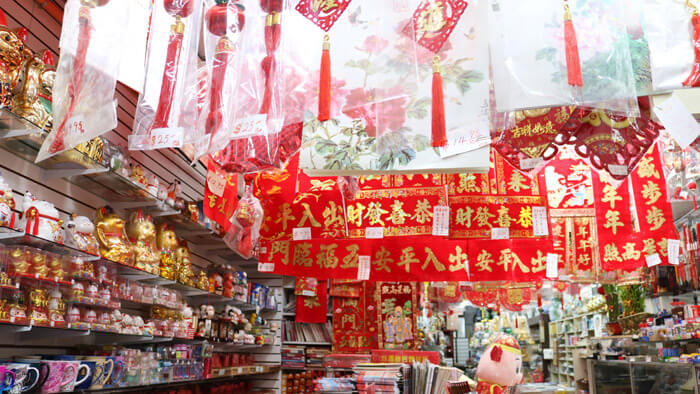
The Chinese new year 2025 – Wednesday, January 29th.
China has its New Year, which is mainly in January or February but the date is variable. The celebration of the Chinese New Year or Spring Festival lasts for two weeks and is accompanied by interesting customs. It falls between January 21st and February 20th and millions of people around the world celebrate the 15 days festival with friends and family they wear traditional clothes, share meals, and light fireworks.
They decorate their house, neighborhood, and streets with lanterns that is a very important tradition, and also participate in colorful parades which they believe will bring luck and good fortune to you and your family each year. Every year Chinese New Year is dedicated to an animal that has significance in the Chinese lunar calendar.
Korea
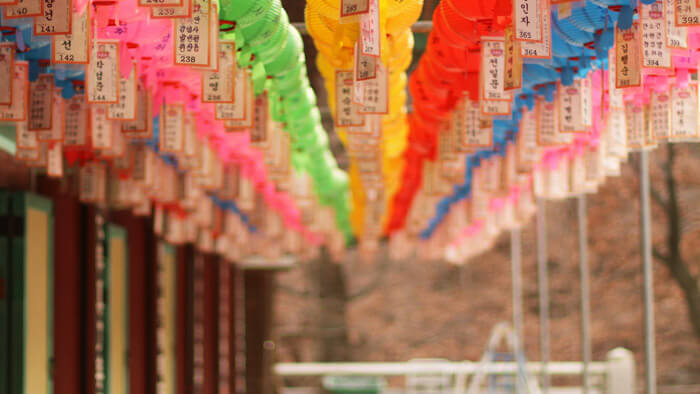
Korean New Year 2025 – Wednesday, January 29th.
Korean New Year (Seol-nal) is the first day of the Korean calendar which falls in January or February on the second new moon after the winter solstice. This holiday also happens to fall on the first day of spring. In South Korea, the New Year is a time to honor one’s ancestors and to re-connect with family.
On this day, South Koreans travel to their family homes and celebrate by cleaning the house (to rid the area of evil spirits), offering a ritual meal to ancestors, paying respects to living elders, and then eating a traditional breakfast of beef broth with rice cakes or dumplings; as Korean age is calculated on the New Year for everyone, it is traditionally considered that one cannot turn a year older without this broth, so it is an important part of the meal. After these rituals, the rest of the day is for playing; children especially enjoy games such as kite-flying, playing on see-saws, and a game played with sticks called yut nori.
Vietnam
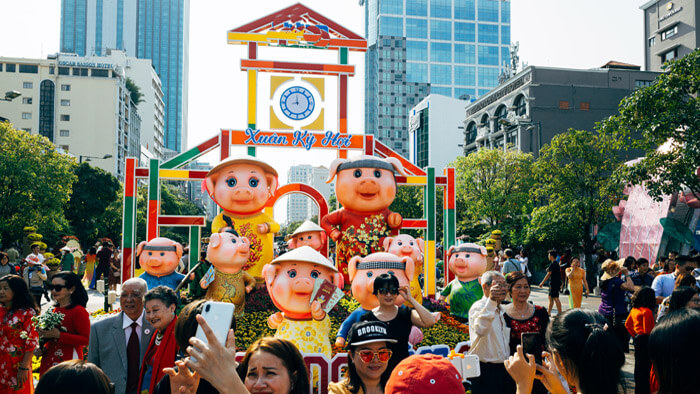
Vietnamese New Year 2025 – Wednesday, January 29th.
Just like China, Vietnam’s colorful New Year festival is a time of parades, fireworks, and family gatherings. Tet Nguyen Dan (Festival of the First Morning of the Year), often called simply Tet, is Vietnam’s most important festival and marks the beginning of the lunar year.
It is celebrated in either January or February, depending on the lunar calendar. Tet rites begin a week before Mung Mot (the first day of the Lunar New Year). This is when the Kitchen God (Ong Tao) returns to the Kingdom of Heaven and presents his annual report on the state of earthly matters to the Jade Emperor before returning to earth on New Year’s Eve.
During his week-long journey to heaven, the Vietnamese guard themselves against malevolent spirits. In the countryside, you will often find a cay neu (signal tree), a bamboo pole with a clay tablet, and a piece of yellow cloth attached, in front of the home. During the holiday the family table will be laden with food. Vietnamese Banh Tet (New Year rice cakes) are the most prominent culinary icons of the most important Vietnamese festival. The Vietnamese traditionally lit firecrackers to scare off evil spirits.
Mongolia
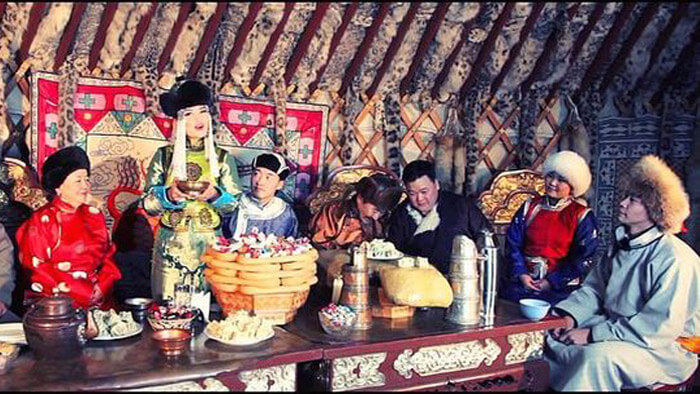
Mongol New Year 2025 – Wednesday, January 1st.
There are two new year celebrations in Mongolia. One celebration comes on the calendar new year and is celebrated by Santa bringing gifts, family and work celebrations, and parties culminating in raised glasses toasting in the New Year. It is a festive, joyous celebration full of good cheer and conviviality. Cakes are a must on this holiday. The stores are packed as people get ready to celebrate.
The second new year celebration is the lunar new year. In Mongolia, it is called Tsaagan Sar or white month. This year it will be celebrated at the end of January. The main purpose of this holiday is for family and friends to visit each other in their homes with the oldest family members being visited first. Families prepare elaborate meals and gifts for their guests as well as engaging in traditional hospitality rituals.
Thailand
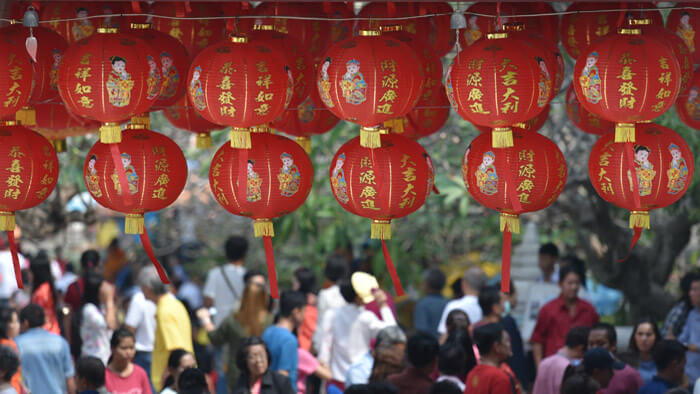
Thai New Year 2025 – Sunday, April 13 to Tuesday, April 15.
Thais celebrate the western New Year on January 1st and Songkran, the Thai New Year, in April. Songkran is the Thai New Year festival, which takes place in April every year; 13 April is Thai New Year’s Day. Songkran festival is celebrated throughout Thailand in April, the hottest month of the year. Songkran is an occasion that symbolizes kindness, love, empathy, and gratitude, using water to cleanse and to wish for plenty of rain in the year ahead. The name Songkran can be translated as ‘passing’ or ‘approaching’.
Iran
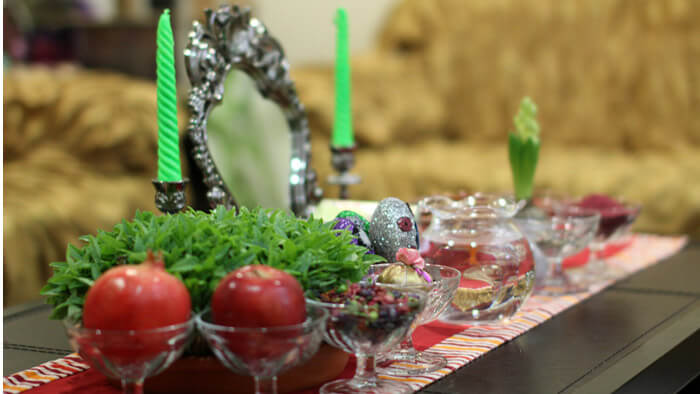
Iranian New Year 2025 – Thursday, March 20th
Persian New Year, or Nowruz, is celebrated every March, it is the first day of the first month in the Iranian calendar, Nowruz, literally means “new day,” and coincides with the vernal equinox, which marks the beginning of spring in the Northern Hemisphere and the renewal of nature. It is said that Nowruz was rooted in Zoroastrianism, an ancient Persian religion. Nowadays, it’s much more of a universal celebration of new beginnings rather than a religious holiday.
The festival usually lasts a couple of weeks around the day of Nowruz and features activities like cleaning, new clothes, family visits, and various rituals for good luck in the coming year. Iran is a country that lives by strict religious rules and that is why New Year is celebrated by the Islamic calendar. It is not forbidden to celebrate a regular New Year and Christian ethnic minorities do not hide their celebration.
Israel
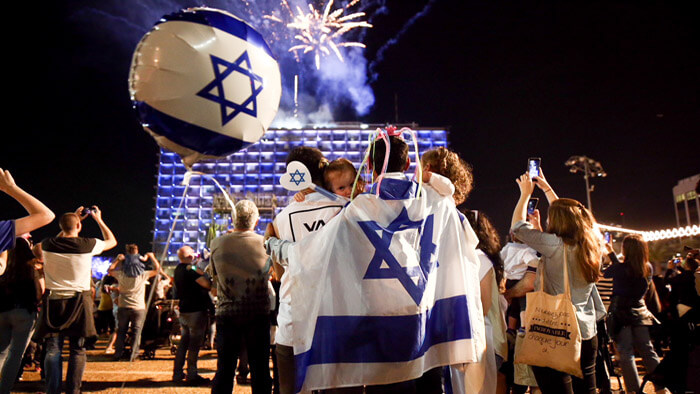
Rosh Hashana 2025 – Monday, September 22nd to Wednesday, September 24th.
Rosh Hashana (The Jewish New Year), meaning “the Head of the Year” or “the Beginning of the Year” in Hebrew, is the start of the year according to the Jewish calendar. Unlike the Christian calendar, the Jewish year begins on the first day of the month of Tishri which usually falls in September or October.
It s a wonderful time to be in Israel since it is a festival with a special, magical atmosphere. All businesses close and everyone wears white and spends the day in the synagogue in prayer and then at family meals. In Israel, the New Year is celebrated in September according to their Jewish Calendar although the Israelis used the Gregorian calendar. Celebrations on 31 December are not prohibited and occur in urban cities.
Sri Lanka
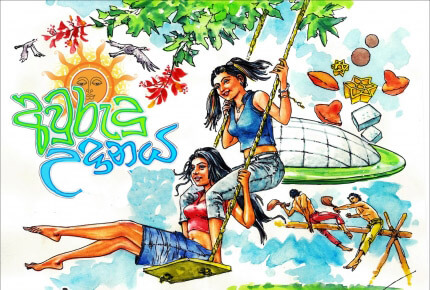
Sinhalese New Year 2025 – Monday, April 14th.
Sinhala and Hindu Aluth Awrudda is the marking of the traditional new year of Sri Lanka which falls on April every year on an auspicious day and time. Sri Lankan calendar, the Tamil Sinhala New Year is traditionally celebrated around April 13, with the exact time determined by the movement of the sun and the stars. The ancient custom marks the end of the harvest and the spring, with many rituals, customs, and ceremonies.
Adorned with a mouth-watering table of traditional food, Aluth Awrudda is a time for the whole family and friends to get together and enjoy playing various traditional games. Most people return to their native villages to spend time with family members and performing spiritual rituals outlined by Buddhist and Hindu traditions.
Cambodia
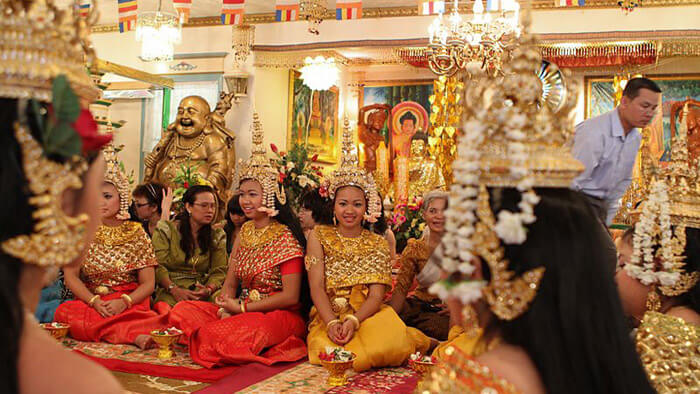
Cambodian New year 2025 – Monday, April 14th to Wednesday, April 16th.
Cambodians, along with neighboring countries Laos and Thailand, follow the Buddhist calendar; last April they feted the year 2560 with a three-day New Year’s celebration. Cambodian (Khmer) New Year is celebrated by witnessing the procession around the temple, hear sermons, make offerings, light incense, and receive bracelets blessed by monks for good luck in the New Year.
To honor the occasion, temples and homes were decorated with lights, and an offering table consisting of banana leaves, fruit, candles, and incense should be placed outside for the gods. Families gathered to drink, eat, and dance.
Ethiopia
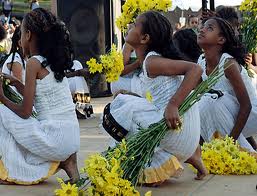
The Ethiopian new year 2025 – Thursday, September 11th.
Ethiopians celebrate the dawn of a new year in September. The Horn of Africa country uses its own calendar with a 276-year difference between the Ethiopic and Coptic calendars. Enkutatash is the name for the Ethiopian New Year and means “gift of jewels” in the Amharic language.
While Ethiopia follows the Julian calendar, the holiday falls on September 11th according to the Western or Gregorian calendar, except for leap years, when it occurs on September 12th. The New Year’s festival symbolizes the beginning of good harvest weather following the rainy months. The beautiful yellow Meskel daisies that are a symbol of the celebration can be seen blooming in the highlands, turning the hillsides to gold.
Enkutatash, meaning “gift of jewels” in Amharic, originally derives from the story of the Queen of Sheba returning from visiting King Solomon in Jerusalem, according to popular legend. When the Queen arrived, she was greeted by her Ethiopian chiefs with enku, jewels. This joyful holiday has supposedly been celebrated since this time, marked by dancing and singing across the green countryside, budding with spring flowers.
Enkutatash is a very festive occasion.
India
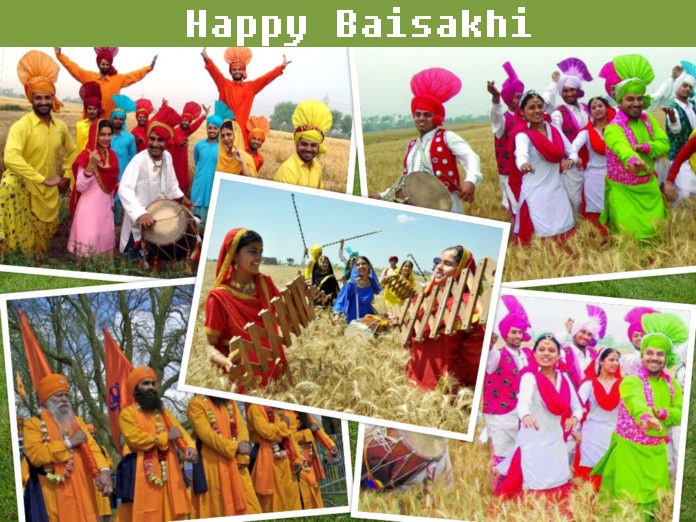
Hindu New Year 2025 – Saturday, March 29th.
India is a country with many different cultures and religious groups. Many of them celebrate the New Year on January 1 but there are dozens of other New Years that are related to certain Hindu or Buddhist rituals.
Baisakhi is Punjabi New Year, Gudi Padwa Celebrated on the first day of Chaitra is New Year for Maharashtrians and Konkanis. Bohag Bihu Assamese New Year, Puthandu Tamil New Year, Ugadi Telugu New Year, Pohela Boishakh Bengali New Year, Cheti Chand Sindhi New Year, Losoong Sikkimese New Year, Navreh Kashmiri New Year celebration for Kashmiris, Bestu Varas Gujarati New Year and Vishu Malayalam New Year.
Saudi Arabia
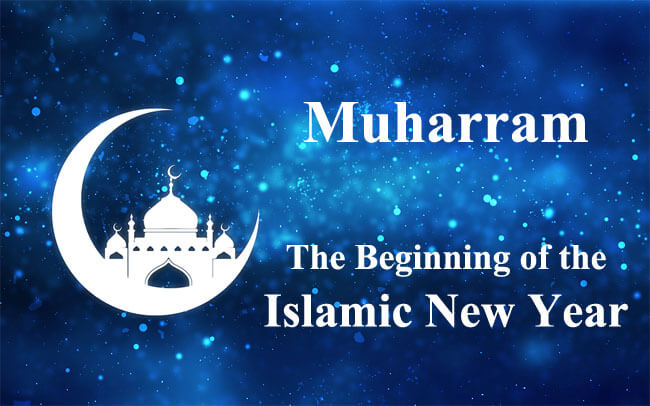
Islamic New Year 2025 – Thursday, June 26th to Friday, June 27th.
Al Hijri or Islamic New Year marks the beginning of the pious month of Muharram. According to the lunar or Islamic calendar, the new year is observed on the first day of Muharram. The Islamic New Year begins with the sighting of the new moon at sunset. Its arrival signals the beginning of the month of Muharram – one of the four holy months of the Islamic calendar.
The New Year honors the emigration of Muhammad from Mecca to Medina, which was known as the Hijrah, and gives the first day of the year its name. Islamic lunar year is eleven to twelve days shorter than the solar year as counted by the Gregorian calendar, the Islamic New Year does not occur on the same day of the Gregorian calendar every year.
All religious duties, such as prayer, fasting in the month of Ramadan, and pilgrimage, and the dates of significant events, such as the celebration of holy nights and festivals, are calculated according to the Islamic calendar. Saudi religious police, who patrol the city, looking for people who violate the religious rules have warned that it is forbidden to celebrate the New Year on January 1st, and stores are forbidden to sell any items that resemble a New Year’s party.
New Year 2025: Wishes, Quotes, Messages, Facebook post & Whatsapp status

